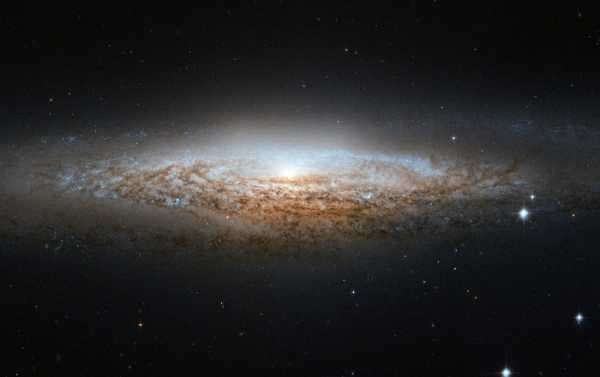
The astrophysicist claimed that this destructive event of cosmic proportions may not exactly herald the end of all life as we know it, but rather result in cosmic inflation and, eventually, a new Big Bang.
Ethan Siegel, a theoretical astrophysicist and professor at Lewis & Clark College in Oregon, announced that the Big Rip, a cosmic event similar to the Big Bang, may occur about 22 billion years from now and literally tear the universe apart.
According to The Daily Express, the concept of the Big Rip was first brought forward in 2003 by Robery Calwell, Marc Kamionkowski and Nevin Weinberg in a paper titled “Phantom Energy and Cosmic Doomsday”, which postulated that if our universe keeps expanding, it will eventually reach a point “where all the forces that hold it together will be overcome by dark energy”.
“If the Big Rip is correct, everything in the universe will be reduced to its most fundamental constituents, in some strange parallel to the earliest stages of the Big Bang”, Siegel noted.
However, while some of the theory’s proponents believe that the Big Rip would be the end of the universe as we know it, Siegel claims that it would instead “recycle” the universe.
“If dark energy increases in strength, this really is energy inherent to the fabric of space itself and could repeat the early period in our universe’s history where space expanded at an incredible rate: cosmic inflation”, he explained. “Inflation removes all the pre-existing matter and energy from the universe, leaving only the fabric of space itself behind. After a period of inflation, that energy somehow gets converted into particles, antiparticles and radiation, and leads to the Big Bang”.
Sourse: sputniknews.com






